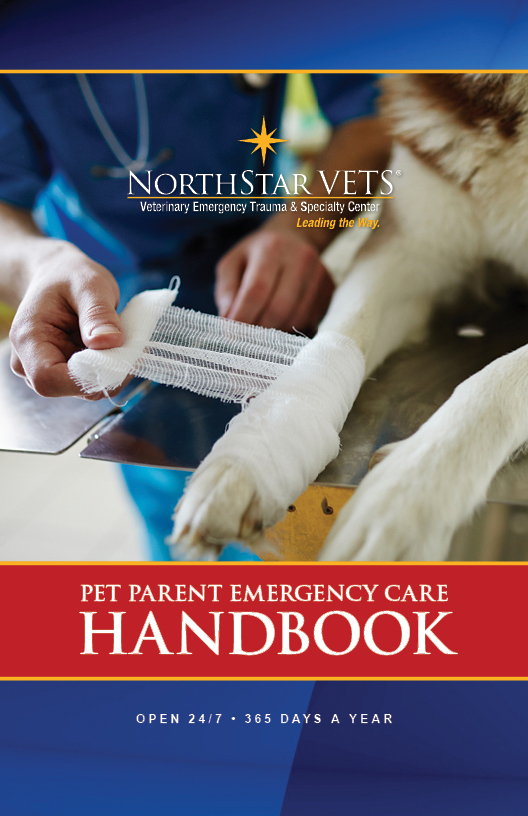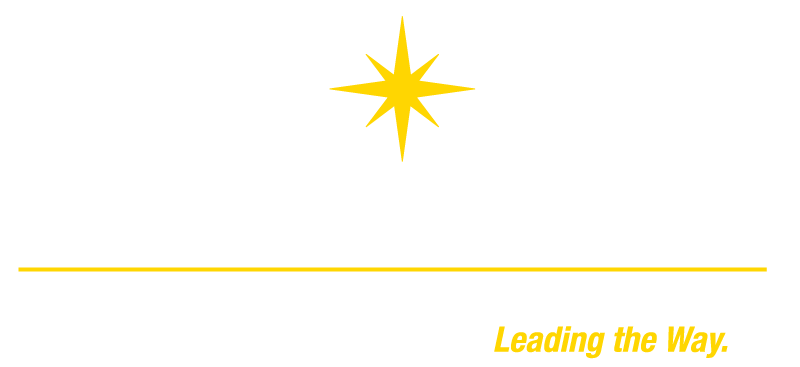For Pet Parents
Client Liaisons: Your Direct Line for Specialty Appointments and More
When you need to schedule an appointment with a specialist or have a question about your pet’s care, our dedicated Client Liaisons are just a phone call or email away:
Specialty
Phone
Specialty
Extracorporeal Therapies
Neurology
Emergency & Critical Care
Phone
609-259-8300 x1201
Specialty
Internal Medicine
Nutrition
Phone
609-259-8300 x1202
Specialty
Dermatology
Integrative Medicine
Rehabilitation & Pain Management
Surgery & Orthopedics
Phone
609-259-8300 x1203
Specialty
Cardiology
Ophthalmology
Phone
609-259-8300 x1204
Specialty
Medical Oncology / Radiation Oncology
Phone
609-259-8300 x1205
Specialty
Avian & Exotics
Dentistry & Oral Surgery
Phone
609-259-8300 x1206

Patient Imaging
To view your images, please type in your Patient ID and our system will search for them.
Need a Prescription (Re)Filled?
With our online pharmacy you can fill your pet’s prescriptions whenever it’s convenient and have them delivered to your door.
FAQS
What is the phone number for Animal Poison Control?
What methods of payment do you accept?
We accept cash, personal check, Visa, MasterCard, Discover, Wells Fargo and CareCredit. We do not accept Amex. Full payment is due when service is rendered.
Do you accept pet insurance?
Pet insurance companies generally will supply you with claim forms you bring to your veterinary office for the veterinary staff to complete. You pay the veterinary office directly, mail or fax the claim form to the insurance company, and they will reimburse you the amount allocated by your plan.
There are various pet insurance companies, so be sure to research which plan best fits your family’s budget and your pet’s health needs. NorthStar VETS does not endorse one plan over another.
Will I be told how much treatment will cost before it's provided?
Absolutely. During your consultation with the specialist or emergency clinician, we’ll prepare an estimate based on the recommended treatment and review it with you in advance of any treatment being provided.
Can NorthStar VETS be my regular/family veterinarian?
Unfortunately, no. While we’re flattered that you may want us to take care of your pet’s routine medical needs, we only treat patients requiring specialty and/or emergency care. We don’t do routine procedures such as spay/neuter, dental, vaccinations or heartworm/flea prevention unless previously arranged with your family veterinarian. There is one exception, however: if you’re seeking primary care for exotics and avian (birds), including wellness visits with consultations regarding husbandry and management, our Avian and Exotics Department is happy to provide this service.
Do I need a referral from my regular veterinarian for my pet to be seen at NorthStar VETS?
To schedule an appointment with a specialist, yes – a referral is needed. If you come through the emergency department, a referral is not necessary. If you are seeking primary care for exotics and avian (birds), including wellness visits with consultations regarding husbandry and management, a referral is not necessary, and our Avian and Exotics Department is here to serve this need.
What's the difference between a board-certified specialist and a family or primary care veterinarian?
A board-certified specialist has completed rigorous training comprising four years of undergraduate school, four years of veterinary school, a one-year internship, and a two- to three-year residency in a chosen specialty. Then, the doctor must publish original research and sit for a national exam, known as ‘boards.’ Upon successfully passing the exam, the specialist receives the highly distinguished Diplomate status, signifying their expertise in a chosen specialty.
What does it mean if my family veterinarian has ABVP (American Board of Veterinary Practitioners) after his/her name?
This means your veterinarian has become certified in, and focuses on, a specific group of animals such as dogs, cats, horses or birds. Please note that someone with ABVP after the name is still considered a primary care veterinarian (not a specialist).
Can I call to get updates on my pet's condition when he or she is in the hospital?
Absolutely! Our team is here to help ease any anxiety about leaving your pet for treatment. A receptionist, technician, ER clinician or the attending specialist can provide you with an update any time between 10AM and 10PM.

Download your free copy of the NorthStar VETS Pet Emergency Care Handbook.
Let’s face it: when you have a pet, the unexpected can happen at any time, day or night. The best way to handle it is to be prepared-so you can help your pet as calmly, quickly, and confidently as possible. Complete the form below to get your free copy of the NorthStar VETS Pet Emergency Care Handbook.
Quality of Life Scale
Assessing Quality of Life for Your Companion Animal and Making End-of-Life Decisions.
E-Collar Instructions
Your pet must wear an Elizabethan collar (E-Collar) to keep them from damaging a surgical site or a bandage.
Pet Parent Promise
Your assurance of 24/7 expert care and compassionate support for your pet.
Join Our Mailing List
Stay up to date on news, special offers, and upcoming events with Northstar Newsflash.








